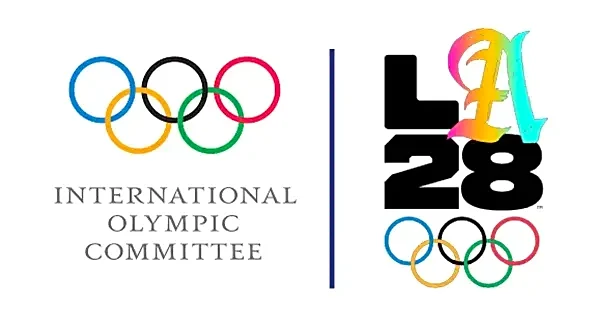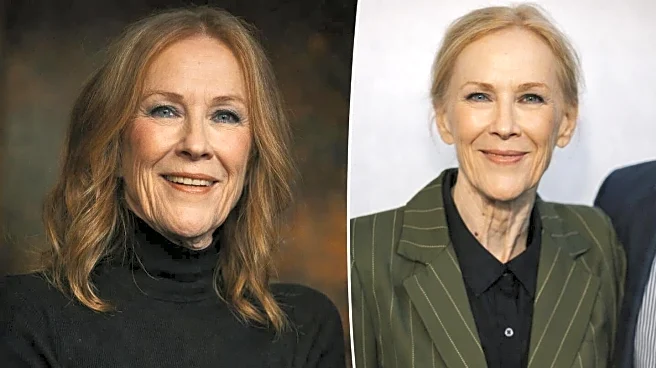The inclusion of weightlifting in the 2028 Olympic Games program marks a triumph for the sport, which reportedly faced uncertainty as recently as 2021 when the International Olympic Committee excluded
it from the initial LA28 sports list due to governance and doping scandals. The International Weightlifting Federation’s (IWF) reform efforts, reportedly including anti-doping measures and leadership changes following the 2020 McLaren report exposing corruption, have restored confidence. The weightlifting competition, scheduled for July 25–29, 2028, at a yet-to-be-confirmed Los Angeles venue, reportedly promises to deliver a more inclusive and competitive program for athletes and fans alike.
The International Olympic Committee (IOC) Executive Board has approved the addition of two new bodyweight categories for the weightlifting program at the 2028 Los Angeles Olympic Games. Announced on September 19 in Milan ahead of the Milano Cortina 2026 Olympic Winter Games, the IOC’s ruling adds one men’s and one women’s category, bringing the total to 12 bodyweight classes (six per gender) within the existing 120-athlete quota.
The decision follows a formal request from the IWF, backed by its Athletes Commission, which reportedly argued that additional categories would reduce the weight gaps between classes, minimizing health risks and enhancing competitive equity. Reports claim that the IWF’s proposal, initially requesting an increase to seven categories per gender with a slight athlete quota hike to 126, was adjusted to fit the IOC’s strict 10,500-athlete limit for the Games. The approved program maintains the 120-lifter quota (60 men, 60 women), with 10 athletes competing per category, ensuring no additional strain on the Games’ infrastructure.
We will deliver a more exciting program in Los Angeles: IWF President Mohammed Jalood
IWF President Mohammed Jalood reportedly celebrated the decision, stating, “The IOC has positively taken into account our important arguments, and we are extremely happy with this step forward. We will deliver a more exciting program in Los Angeles, and our athletes’ community receives this news with immense satisfaction.” The IWF now has until the end of 2025 to finalize the specific bodyweight categories for both men and women, a process expected to involve further consultation with athletes and national federations.
The Paris 2024 Olympics featured only five categories per gender, the fewest since 1956, with gaps as wide as 22 kilograms in some men’s classes (e.g., 88kg to 110kg). Such disparities forced athletes to either gain or lose significant weight to compete, increasing injury risks. The addition of two categories aims to create a more gradual progression, enhancing athlete safety and competitive balance. However, the specific weight classes, including whether the recently introduced 94kg class will be included, remain undecided, posing challenges for athletes planning their qualification paths.


/images/ppid_a911dc6a-image-177070144354252242.webp)







/images/ppid_59c68470-image-177070016688485506.webp)

/images/ppid_59c68470-image-177070003818096129.webp)
/images/ppid_59c68470-image-177070020045771133.webp)
/images/ppid_59c68470-image-177070007569092610.webp)
/images/ppid_59c68470-image-177070010664714288.webp)